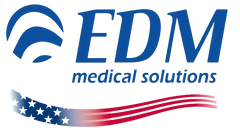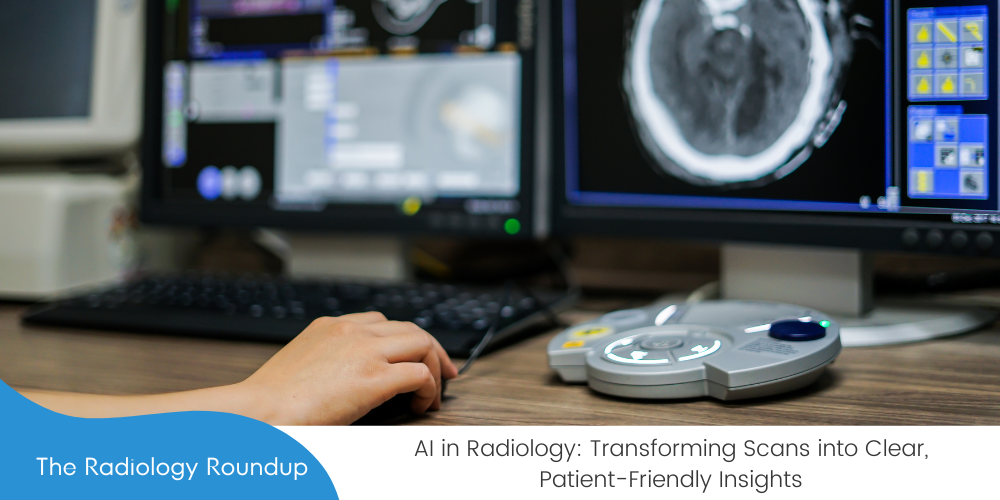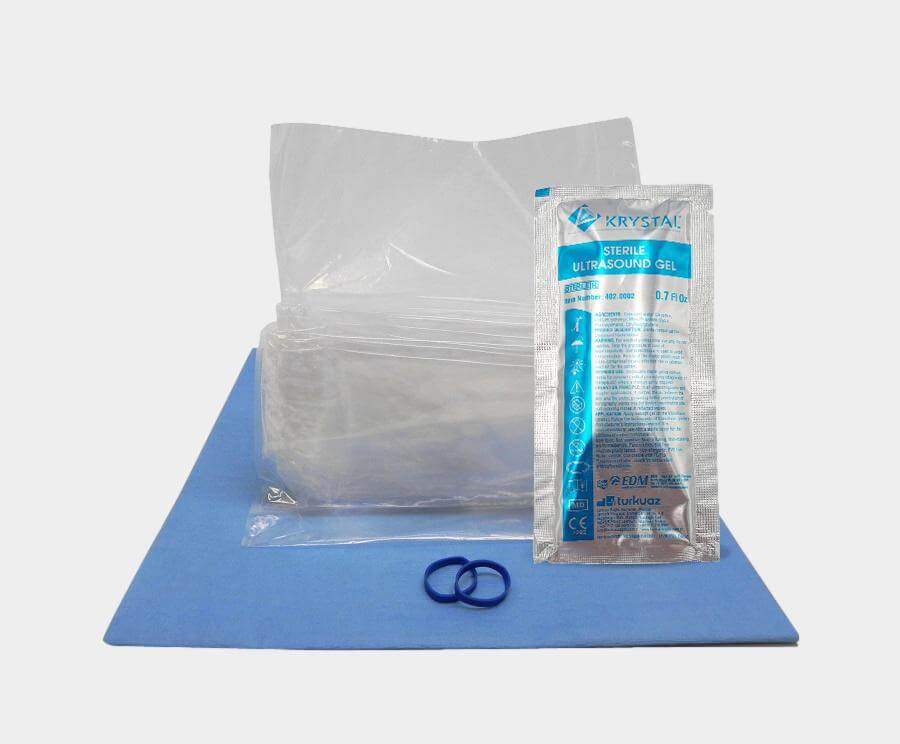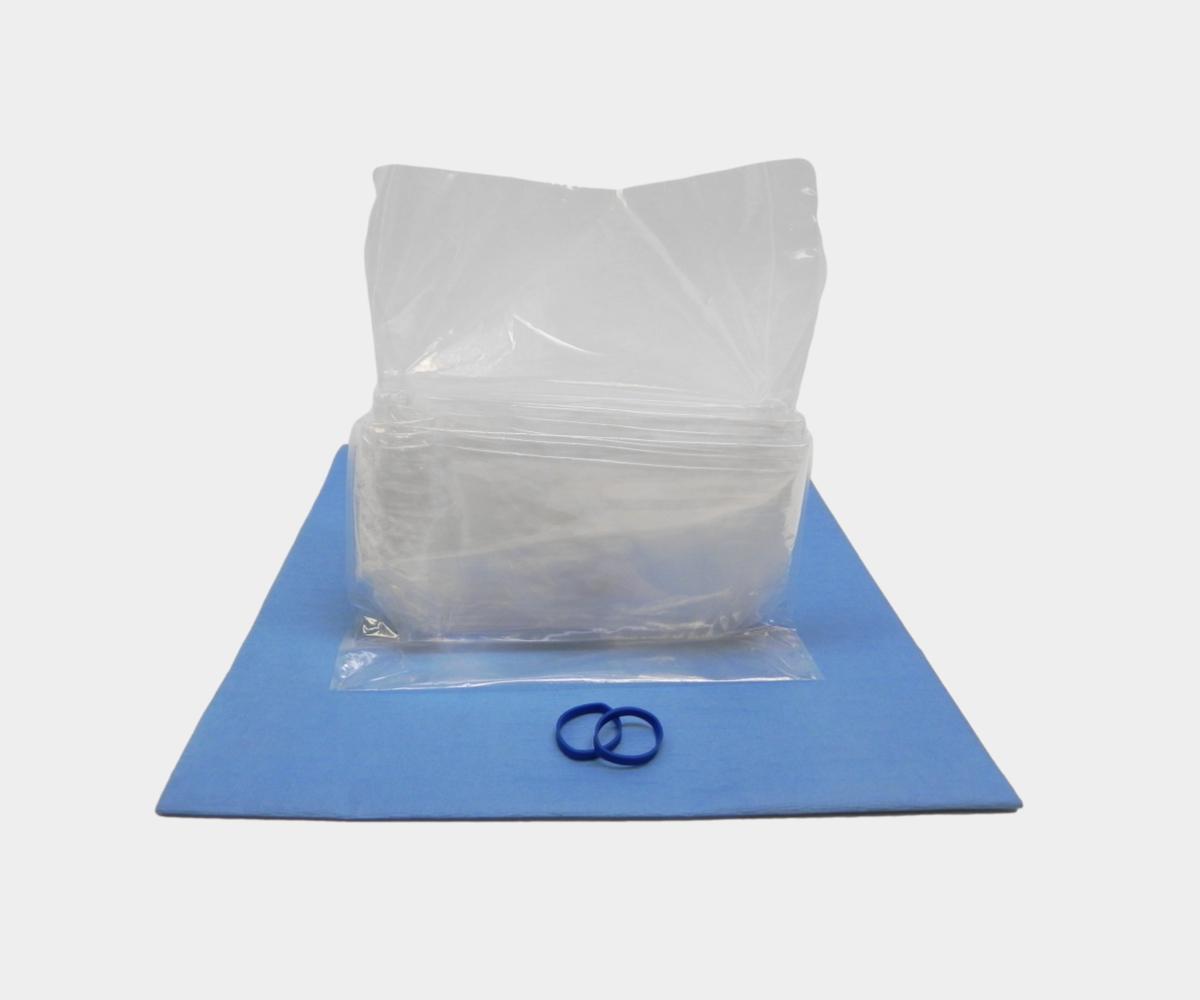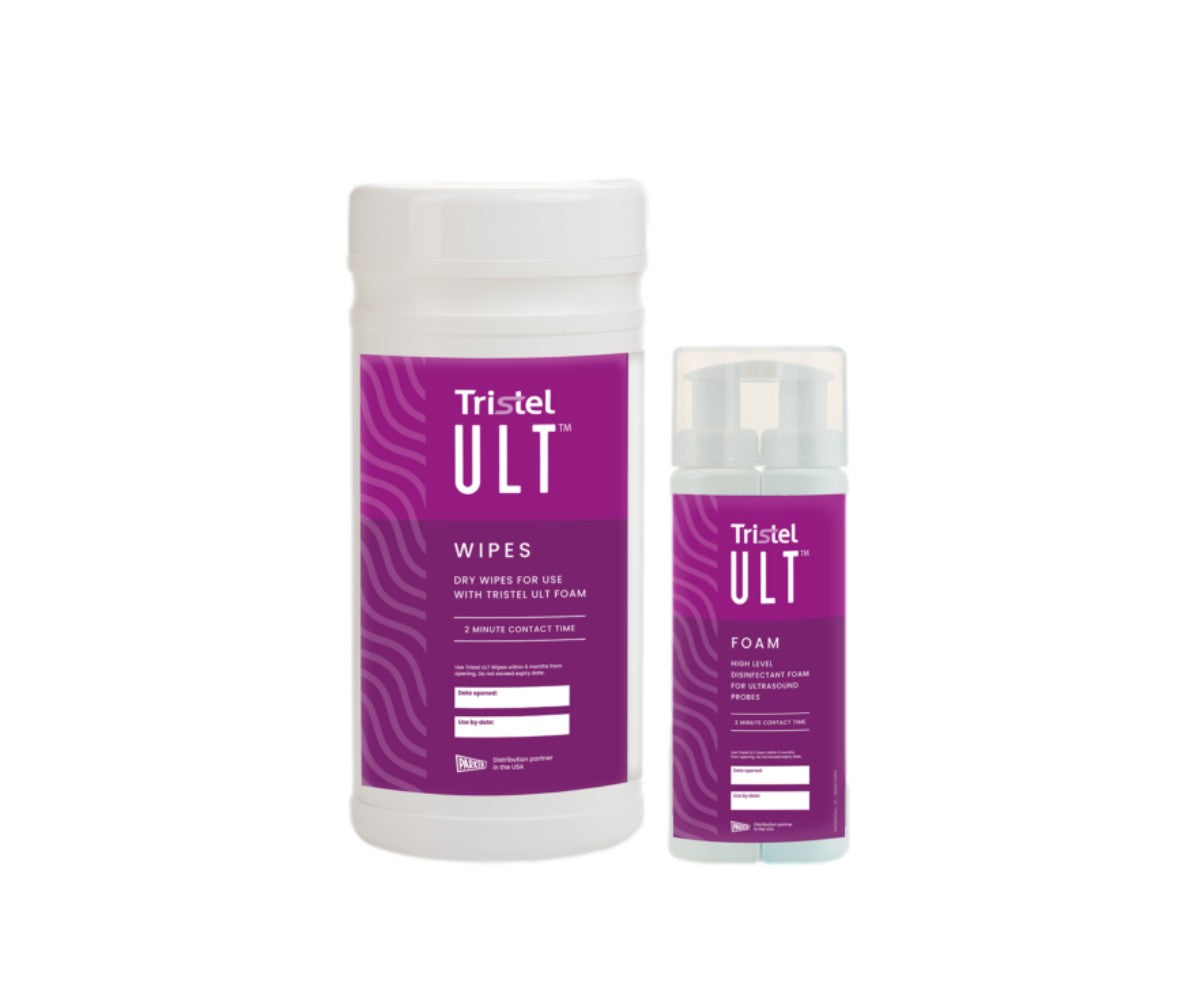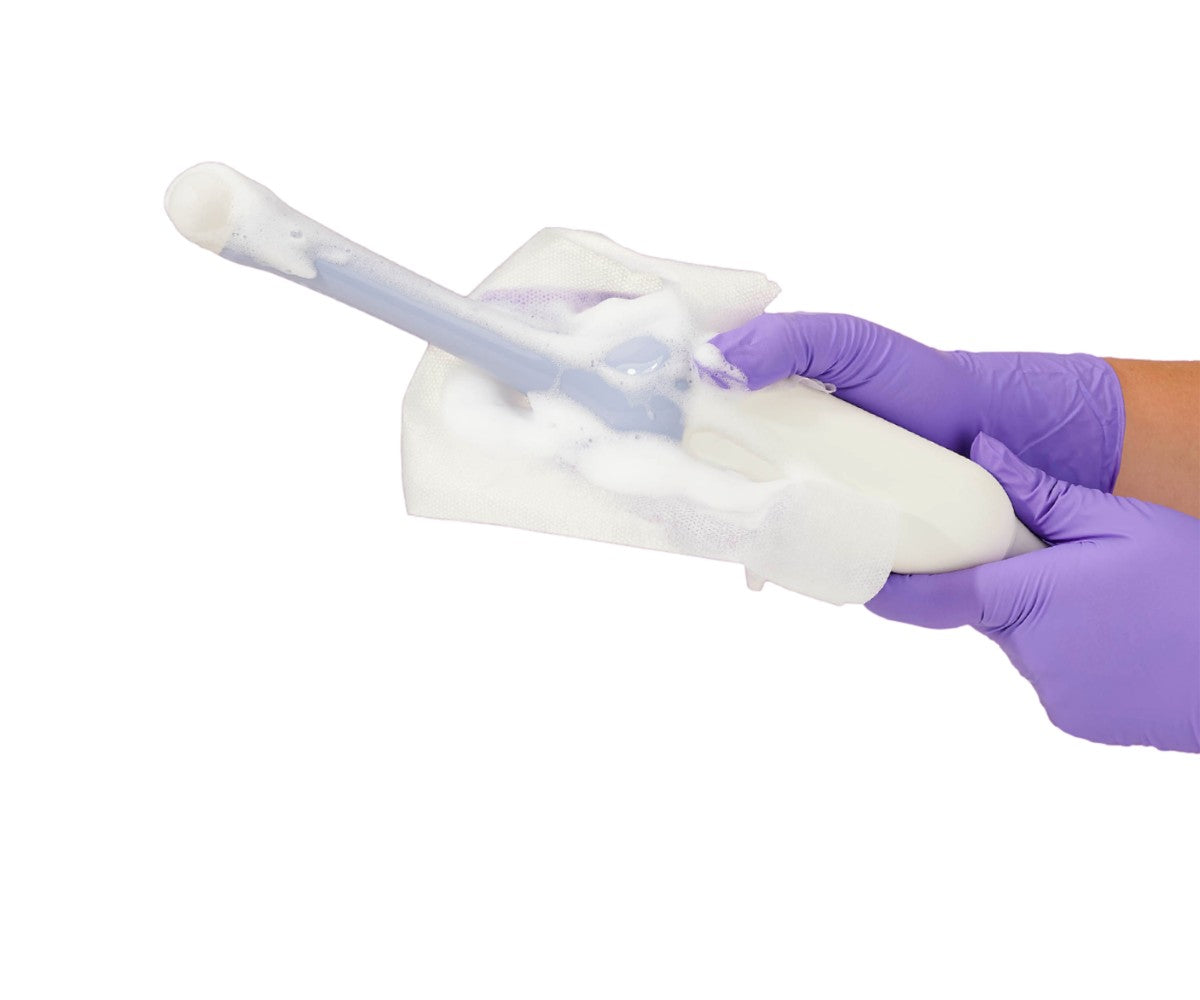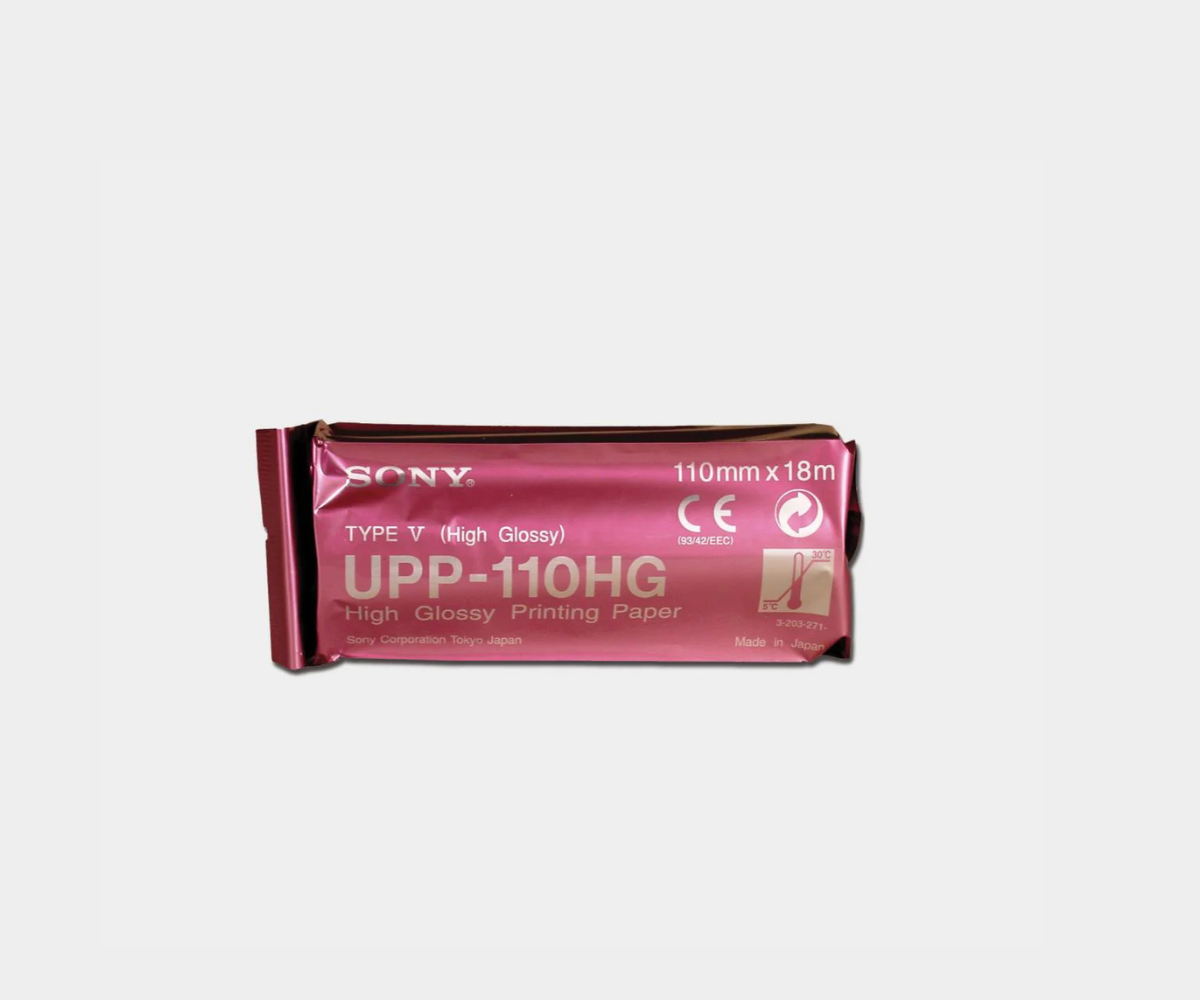Artificial Intelligence (AI) has become a transformative force across various medical fields, with radiology standing out as one of the most impacted areas. Radiologic reports, crucial for delivering diagnostic information, have traditionally been crafted in highly technical language suitable for medical professionals. However, this complexity often results in a significant disconnect between the reports' content and patients' understanding. Recent advancements in AI, particularly generative models like ChatGPT, have begun addressing this gap, translating complex radiologic findings into patient-friendly insights that improve comprehension and overall patient experience.
The Challenge of Radiologic Reports
Radiologic reports are the cornerstone of diagnostic communication in healthcare. However, their language often remains inaccessible to the average patient. According to a study published in Clinical Imaging in 2019, only 4% of radiology reports matched the comprehension level of a middle school student, leaving a sizable portion of patients unable to fully understand their own medical results. This readability gap can have serious implications, from increased patient anxiety to misinformed decisions about treatment options.
Generative AI: A New Hope for Patient Understanding
The emergence of generative AI models like ChatGPT offers a promising solution to the readability challenge. A study highlighted the effectiveness of ChatGPT in transforming complex radiologic reports into simpler, more digestible formats for patients. ChatGPT was tested on its ability to summarize radiologic reports, translate medical jargon into patient-friendly language, and offer actionable recommendations based on the findings.
The results were promising:
Summarization Quality: ChatGPT's summaries received an average score of 4.86 out of 5, indicating that the AI was highly effective in capturing essential information concisely.
Patient-Friendly Language: The AI’s ability to translate complex medical terminology into layman's terms earned an impressive score of 4.71 out of 5.
Actionable Recommendations: The AI-generated recommendations closely aligned with those provided by radiologists, scoring 4.94 out of 5.
When non-physician participants evaluated the AI-generated reports, they found a substantial improvement in understanding. The original reports had an average comprehension score of 2.71 out of 5, while the AI-enhanced reports scored 4.69 out of 5, demonstrating a significant leap in patient accessibility.
Addressing AI Limitations
While AI shows immense potential in radiology, it is not without its challenges. A critical issue is "artificial hallucination," where the AI may generate plausible-sounding but incorrect information. The same study found that 1.12% of the AI-generated reports contained significant errors, underscoring the need for human oversight. Experienced radiologists must review AI outputs to ensure accuracy and reliability before these reports reach patients.
The Role of ChatGPT in Structured Reporting
Beyond simplifying reports for patients, ChatGPT is also being explored for its utility in creating structured radiology reporting templates. A systematic review published in Diagnostic Radiology in 2024 analyzed the current state of ChatGPT’s integration into radiology. The review focused on structured reporting, which is known to enhance diagnostic accuracy and reduce variability between different radiologists' interpretations.
The study highlighted ChatGPT's potential in generating standardized report templates based on radiologists’ descriptions, converting unstructured data into organized formats that support clinical decision-making. However, the technology is still in its early stages, with mixed reception from radiologists.
For instance, a study involving 286 radiology residents in India revealed that while 61.8% of the residents had used ChatGPT during their work, 57.6% found the information it provided to be inaccurate, and 67.2% felt it was insufficient for diagnostic purposes.
Despite these concerns, 85.8% of participants were open to using AI for creating report templates, signaling a cautious yet optimistic approach towards AI integration in radiology.
Bridging the Communication Gap with AI
The integration of AI, particularly generative models like ChatGPT, is revolutionizing the field of radiology by bridging the gap between complex medical language and patient understanding. With its ability to generate high-quality summaries, translate technical jargon, and offer reliable recommendations, AI is poised to enhance patient-centered care significantly. However, the journey is not without challenges. Issues like artificial hallucinations and initial skepticism among professionals highlight the need for continued refinement and human oversight.
As AI technology continues to evolve, its role in radiology will likely expand, offering more sophisticated tools for both medical professionals and patients. The future promises a more informed patient experience, where complex medical information is accessible to all, ultimately leading to better healthcare outcomes.

EDM Medical Solutions is a premier supplier and manufacturer of medical imaging products, including ultrasound supplies, surgical drapes, and needle guides. We are committed to delivering a high-quality and cost-effective range of products that enhance patient care and operational efficiency.
Our Krystal brand, featuring probe covers and equipment drapes, sets the industry standard for quality, safety, and reliability. Switching to Krystal can mean up to 30% in savings on your supplies.
With market-leading prices and rapid shipping options, we ensure our clients have immediate access to the supplies they need, when they need them. That's why over 2,000 facilities in the US choose EDM.
